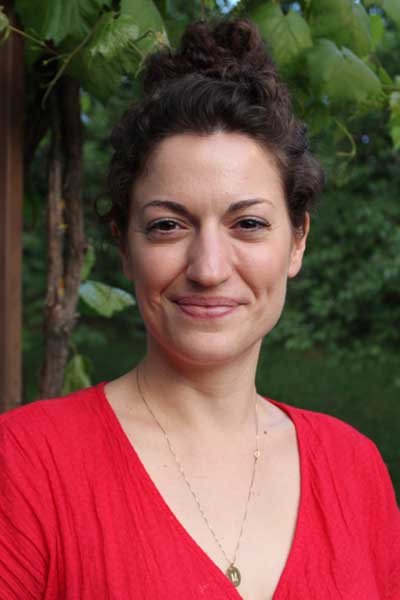As the world’s urban footprint steadily expands—with 68 percent of the global population expected to be urban-dwelling by 2080—our cities face an unprecedented challenge to support the needs of natural systems alongside the increasing demands of humanity. These demands for land and resources have pushed human activities farther into natural areas and pulled natural resources and wildlife from wildlands into human-dominated landscapes, accelerating zoonotic disease emergence. Dr. VanAcker will highlight how urbanization impacts the ecology of wildlife, specifically through its movement, and the cascading impacts on pathogen transmission, using case studies from her research on birds, bats, and large mammals in New York City and Nairobi.

Dr. Meredith VanAcker is a disease ecologist currently working as a George E. Burch Postdoctoral Fellow under the Smithsonian’s Global Health and Movement of Life programs. Her work integrates methods from wildlife movement and ecology to examine how animals’ responses to land-use change impact the distribution and prevalence of zoonotic pathogens and infectious disease risk for humans. Dr. VanAcker completed her Ph.D. at Columbia University, where she worked with wildlife populations in New York City to determine the ecological drivers of urban tick-borne disease risk. She now examines multi-species movement and contact to examine how these interactions determine risk for pathogen spillover in Nairobi, Kenya.

